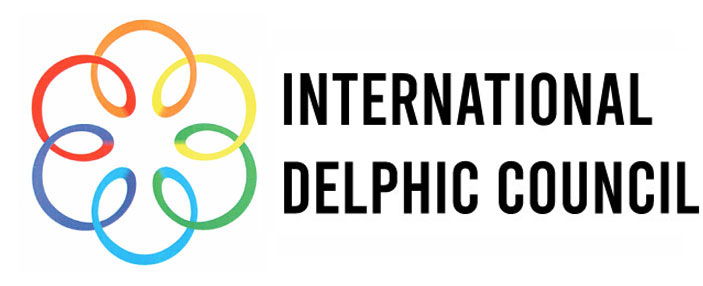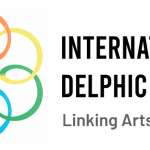Principles and conception
- School is a cultural institution of upbringing, education and training relieved of everyday life and its practical constraints. Young people here enjoy the privilege of being able to develop into the totality of the human species by learning about and coming to terms with their own culture and foreign cultures within the framework of their individual abilities.
- The task of school is therefore to acquaint young people with the explanations of the world and its meaning, with cultural techniques and methods of gaining knowledge, and to explain, justify and exemplify to them the validity of the moral norms of their own culture and the fundamental values of humanity./li>
- The Delphic Code is binding for the Delphic School. Within its framework it is responsible for the past, the present and the future; concretely: the young and the elite, society and culture.
- No future without origin. Innovation needs tradition. The Delphic School preserves what is tried and tested in order to build the future from its own cultural heritage: It educates the young people in the spirit of humanism, the enlightened culture of reason, the culture of argumentation, science and universalism.
- The Delphic School Ethos unites scientific-theoretical and moral-practical education. Accordingly, the Delphic School educates on the one hand to a scientific attitude and on the other hand to morality in the sense of a will to do the morally right thing out of inner conviction. From the mutual interpenetration of the areas of knowledge and ability, being and to be, cultural identity as a prerequisite for mutual personal and cultural tolerance results.
- Thus the Delphic School contributes to a spiritual culture, a climate of theoretical curiosity and the will to create and maintain an open society of a liberal and democratic constitutional state with parliament, separation of powers, separation of church and state, and respect for human dignity and equal treatment of the sexes.
- Cultures, societies and states need spiritual and moral elites. In the knowledge of the responsibility for the preservation of humanity, freedom and justice, the Delphic School is committed to the education of educational elites, people of the lived unity of knowledge, ability, attitudes and behaviour, who are factually, mentally and humanely capable of taking over leadership tasks in the state, the economy, science and culture.
Implementing rules
The Delphic School is committed to this school understanding with all its principles and goals. The external sign of this is the promotion of general education in theory and practice instead of early specialization. The focus of the educational work is on young people and their development in the sense of humanism.
- General Education
Personality development and internationality the Delphic School strengthens the humanities and natural sciences and promotes the necessary skills as well as linguistic, musical and ethical-moral ones.- It offers at least four foreign languages.
- It cultivates continuous student exchanges with at least three schools abroad from different countries and teacher exchange with schools abroad.
- International DELPHI certificates can be obtained at the Delphic School.
- Regional cultural work
The Delphic School sees itself as an element of regional cultural work.- It maintains at least one orchestra and one choir, which also perform outside of school.
- It conducts public theatre performances with its own ensemble.
- It offers public cultural events such as lectures and discussion forums.
- Cooperation
The Delphic School maintains contact with non-school institutions.- It cooperates with regional, national and international cultural institutions.
- It cooperates with universities of applied sciences and universities.
- It cooperates with the economy.
- Support for gifted students
The Delphic School also supports the particularly gifted.- It develops and implements a program to support particularly gifted young people.
- It enables its students to attend courses at the university and music academy in parallel to school.
- It enables its students to attend courses at the university and music academy in parallel to school.
- Appearance
The Delphic School promotes aesthetic education in the knowledge of the pedagogical importance of an attractive environment and a pleasant appearance.- It educates to aesthetic judgement.
- It is characterized by an attractive, well-kept building and grounds.
- It pays attention to cultivated language and respectful manner.

